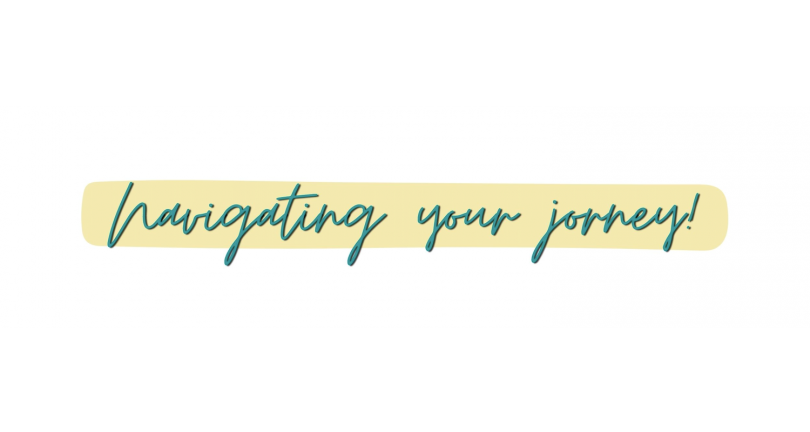4 Daily Steps to Recalibrate Your Life Story
Imagine a world where every day you got to wake up and start your story again. Literally begin a new, clean slate. What if I told you, you could. You can do it now. Everyone is a storyteller, and each day you have the choice to begin with a blank page. You have the responsibility of holding that pen, to write your own story. So how are you writing yours? How will you continue to write yours with each new day?

If you change the way you tell your own story, you can change the color, and create a life in technicolor.
Isabel Allende
I am a director, an author, a healer, a mother, and a friend. But to pick one word, I am a storyteller. This one role encompasses all my many “hats”, as in every aspect I am encouraged to listen to stories, tell stories or be part of a story.
Here are the FOUR STEPS I use to create my story each day. Try them for yourself and see how it turns out.
STEP 1. Title:
What is your title? Is it “An Enchanting Day” or “The Meeting from Hell” or perhaps “The Moody Teenager”? The title represents your current state/day’s agenda. Your title is your goal in a nutshell. A small reminder to look back on throughout the day.
STEP 2. First Page:
Begin your first page with writing your character description. You are your story’s main character, but each new day brings a slightly different version of that character. Page one gives you clarity on how you want the world to see you today. With the title and first page done, now jump immediately to the end of your daily story.
STEP 3. The End:
How do you want the day’s story to end? “And they all went for ice-cream” or “They all gave each other a hug”? “They sat cuddled up on the sofa watching their favorite TV show” or “She got the job!”? If you are conscious of how you want to end your day/story, you can make decisions throughout the day that bring you closer to your goal.
STEP 4. The Middle:
Once the beginning is set and your preferred ending is imagined, focus on the middle of the story. This is where you have the most say in how your story actually turns out. This stage is dictated by your choices, as well as outside influences. Surrounding yourself with positive influences, helps guide your story to the end you want. It’s not to say that simply by going left instead of right will alter the trajectory of your story but stopping and thinking about your direction might help take you to where you want to be. How you react to the things thrown at you affects the end of your story as well.

Turning this way of thinking into a habit, creating a daily check in, will help you realign and refocus your story regularly. Remember that creating a habit takes time, but this is an important one to make. If you forget to write your story one day, simply do it the next. No one is grading you.
Above all, it’s important to do things that work for you. It might feel slightly overwhelming or scary to visualise your blank page, but it can also be exciting. The goal is to have fun, regaining the power to choose your own narrative.



